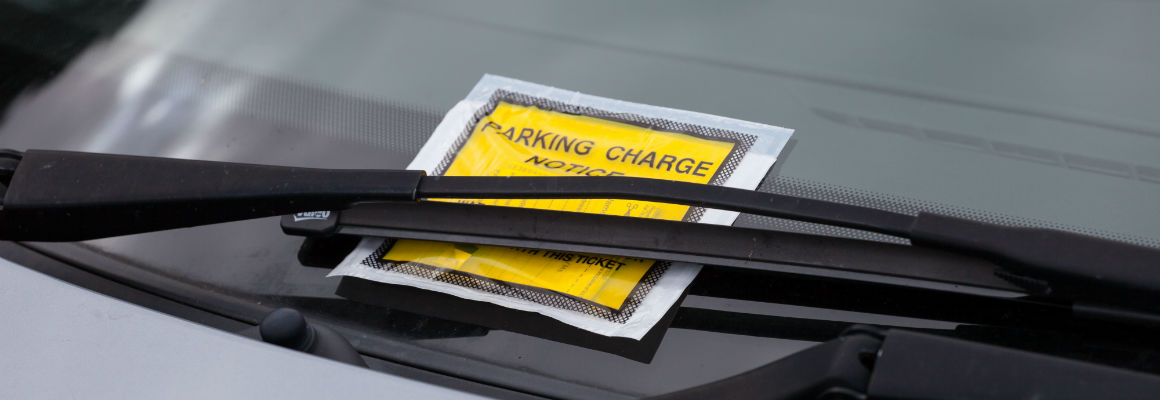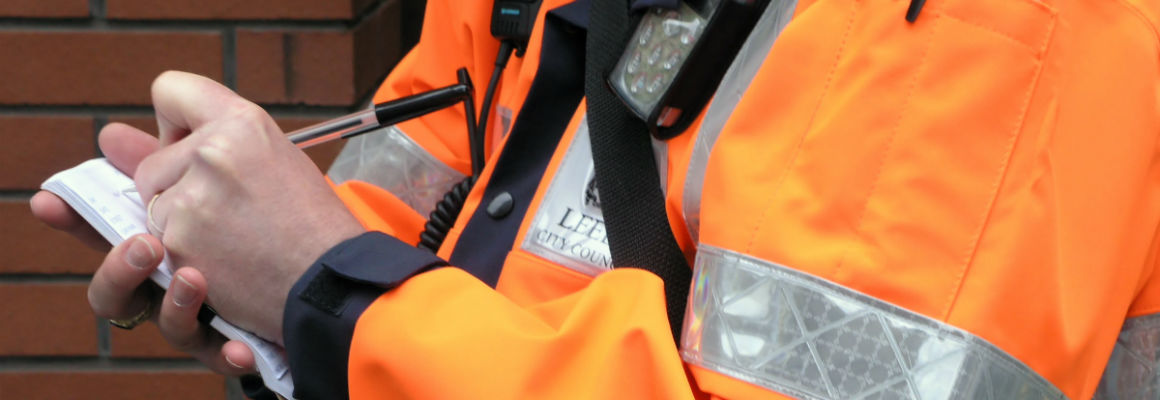The truth behind common parking myths
Sometimes it’s hard to tell what’s fact and what’s fiction when it comes to parking rules and regulations. No one wants to be left with a hefty fine, so we’ve done some myth-busting to find out the truth behind some common misconceptions.
Parking charges don’t apply on Sundays or bank holidays
It’s often assumed that you can park for free on Sundays or bank holidays, but this is very much dependent on where you’re parking. It’s always worth double checking before leaving your car, so you don’t end up with any nasty surprises when you get back!

Ignoring parking charge notices from private firms
If you’ve received a ticket after parking on private land because you were there without permission or exceeded the maximum duration of stay, this has come from a private parking firm rather than a local authority. A lot of these companies can request your data from the DVLA and will send you a parking charge notice through the post. Refusing to pay will often lead to an increased charge and eventually the company may even take you to court, so it’s a good idea to pay if you haven’t complied with their parking regulations.
Do traffic wardens have targets?
There’s a common misconception that local authority traffic wardens are given targets and receive bonuses depending on the number of parking tickets they give out. This is strictly not true for any traffic warden employed by the local council.
This is also not true for any traffic warden hired by a private company that is a member of the British Parking Association, who banned any financial incentive for the quantity of parking tickets issued.
That being said, if a private parking company is not a member of the British Parking Association or Independent Parking Committee, there’s no robust way of knowing whether they set targets or not.

Driving away before the traffic warden hands me a ticket
Even if the traffic warden hasn’t put the penalty charge notice on your windscreen, they can still request your details from the DVLA using your car registration number and send it to you through the post.
There’s no such thing as a ‘10-minute parking grace period’
Actually, there is! It’s the law that drivers have a 10-minute grace period before being fined if they’re late back to their car. This doesn’t just apply to council-owned parking spaces, but to private car parks as well. No longer do you have to run down the road at top speed to get back to your car for the exact time your ticket expires!
If I have a blue badge, I can park anywhere
Although parking rules are slightly different for blue badge holders, as they can park on single and double yellow lines, they can’t park everywhere. For example, loading bays and junctions must remain clear from obstructions, and traffic wardens can issue tickets or ask for cars to be moved if they feel these rules are being broken.